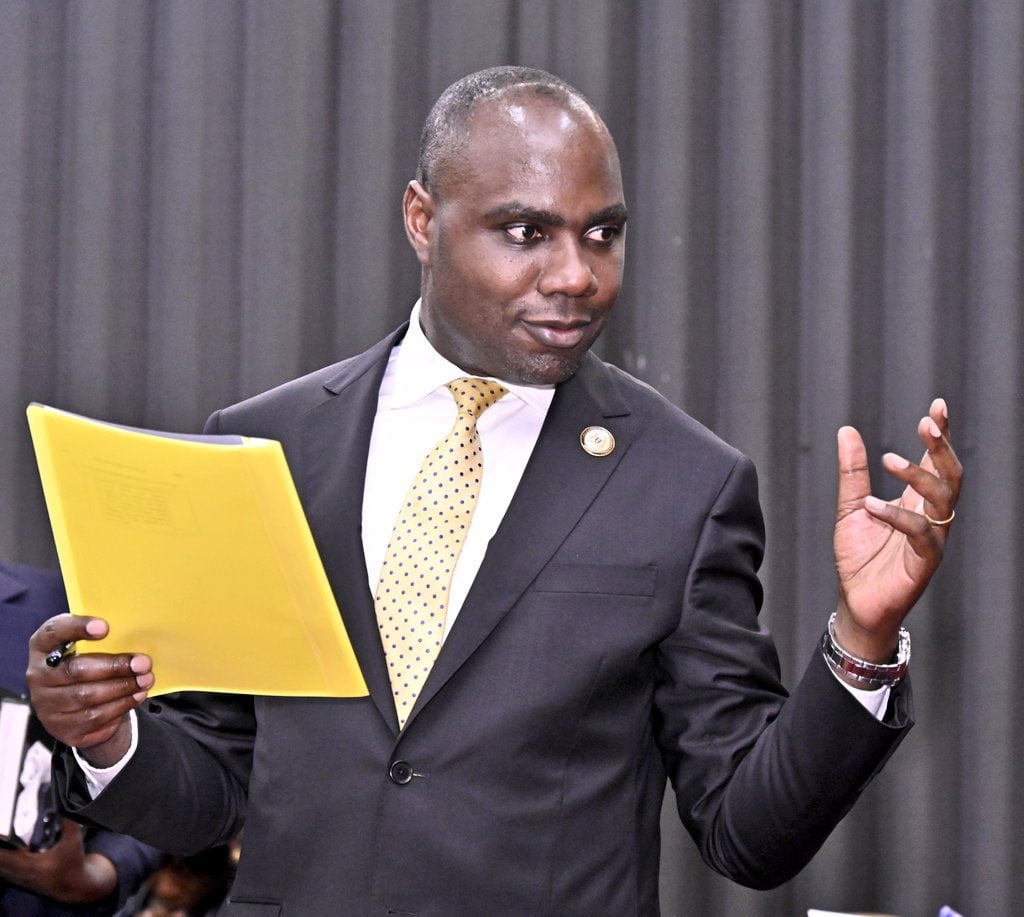
Africa has made notable strides in strengthening public finance management (PFM) systems across the continent, contributing to better governance, improved transparency, and more efficient use of public resources. Over the last two decades, several countries have implemented reforms aimed at improving budgeting, financial reporting, and accountability mechanisms. Despite these advancements, significant challenges remain that hinder the full potential of PFM systems, leaving room for further improvement.
The improvement of PFM in Africa is a response to the growing need for better fiscal discipline, stronger governance frameworks, and economic resilience. Many countries have implemented comprehensive reforms, often with the support of international financial institutions such as the World Bank and the International Monetary Fund (IMF). These reforms have resulted in more accurate budgeting processes, enhanced tracking of public expenditures, and improved financial audits.
A key area of progress has been the adoption of modernized public procurement systems, which help minimize corruption and promote competitive bidding for government contracts. Furthermore, countries like Rwanda, Kenya, and Ghana have established integrated financial management systems that allow for real-time tracking of expenditures and a more transparent flow of funds. These systems provide governments with critical data that aids in decision-making and ensures the effective allocation of resources.
One of the notable developments in public finance management has been the increased focus on fiscal transparency. Many African nations have committed to publishing their budgets, financial reports, and audits, ensuring that citizens and civil society organizations can monitor government spending. This transparency has led to greater public scrutiny and, in some cases, prompted government accountability.
South Africa, for instance, is often cited as a leading example of fiscal transparency. The country has implemented robust systems for reporting public finances, and its efforts in public budget transparency have earned international recognition. Other countries, such as Botswana and Senegal, have also made strides toward making government financial information publicly available, promoting better governance practices.
Another area where progress has been made is in debt management. African countries have increasingly adopted better practices for managing both domestic and foreign debt. By improving debt reporting, monitoring, and forecasting, governments are now better equipped to manage the risks associated with borrowing. This is critical, especially as many African nations have faced rising debt levels in recent years due to large infrastructure projects and the impact of external shocks like the COVID-19 pandemic.
Kenya, for example, has introduced a debt management strategy that integrates debt sustainability analysis with budget planning. This enables the government to balance the need for development financing with the imperative of maintaining debt sustainability. Similarly, Nigeria has strengthened its debt management office, which has contributed to better planning and control over its borrowing activities.
Despite these advancements, Africa’s public finance management systems continue to face numerous challenges. Corruption remains a major obstacle to effective PFM, with illegal practices such as misallocation of funds, kickbacks, and bribery still prevalent in many countries. Weak institutions, lack of political will, and insufficient capacity in key government ministries often undermine reform efforts.
In many countries, financial management systems remain fragmented and prone to errors, and internal audit systems continue to be ineffective. The failure to fully integrate technology in PFM processes is another challenge. While some countries have adopted digital tools, the implementation of e-government systems is still limited, and many public servants lack the necessary training to use these systems effectively.
Additionally, the ability to track and manage public assets remains a significant concern. In some countries, there is a lack of comprehensive asset registries, making it difficult to ensure that government-owned resources are properly safeguarded and managed.
To fully realize the benefits of public finance management reforms, African countries need to focus on several key areas:
Building Institutional Capacity: Strengthening the human resources and technical capabilities within ministries of finance, planning, and other relevant government institutions is critical. Investments in training public servants and enhancing professional standards will help ensure that PFM reforms are sustainable.
Increasing Citizen Engagement: Further fostering citizen participation in the budgeting process can help increase transparency and accountability. Civil society organizations, media, and the private sector all have crucial roles to play in holding governments accountable for how public funds are used.
Harnessing Technology: African governments must continue to invest in technology to streamline PFM systems, especially through the use of integrated financial management systems and digital procurement platforms. This will not only improve efficiency but also reduce opportunities for corruption.
Strengthening Audit and Oversight: Independent auditing bodies must be empowered to carry out regular audits of public finances, and governments should act on audit recommendations. Strengthening the role of parliamentary committees in overseeing public finances will also help promote accountability.
Addressing Debt Sustainability: Governments should develop more comprehensive debt management strategies that incorporate realistic growth projections and stress testing. This will help prevent the accumulation of unsustainable debt levels and reduce the risk of financial crises.
Public finance management in Africa has made impressive strides, particularly in terms of budget transparency, procurement reforms, and debt management. However, challenges such as corruption, weak institutions, and inadequate technological infrastructure remain significant obstacles. For African nations to continue on their path toward sustainable development, further efforts are needed to strengthen governance frameworks, engage citizens, and improve the capacity of public institutions. With the right policies and sustained commitment to reform, Africa has the potential to achieve stronger, more resilient public finance systems that support long-term economic growth and poverty reduction.

